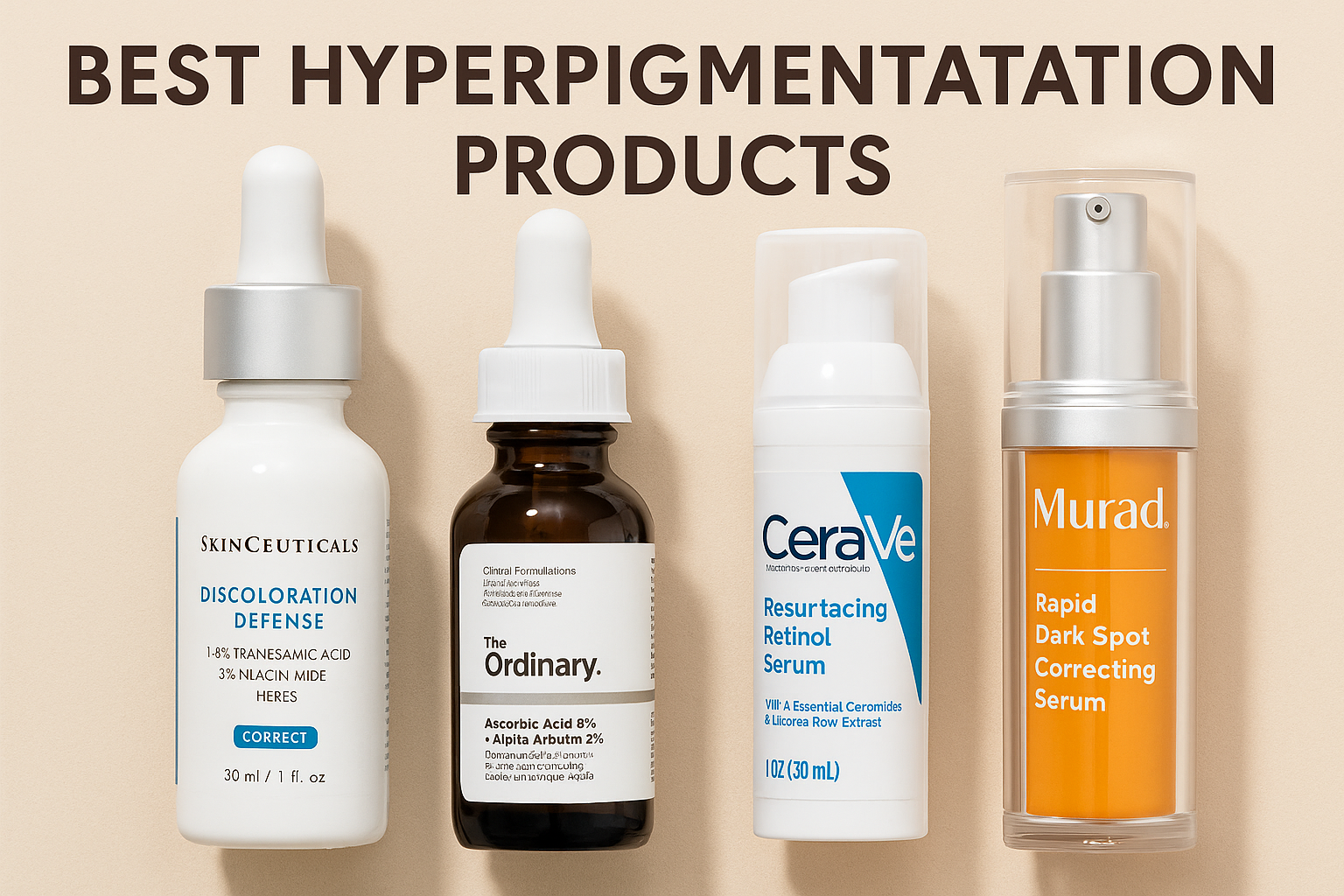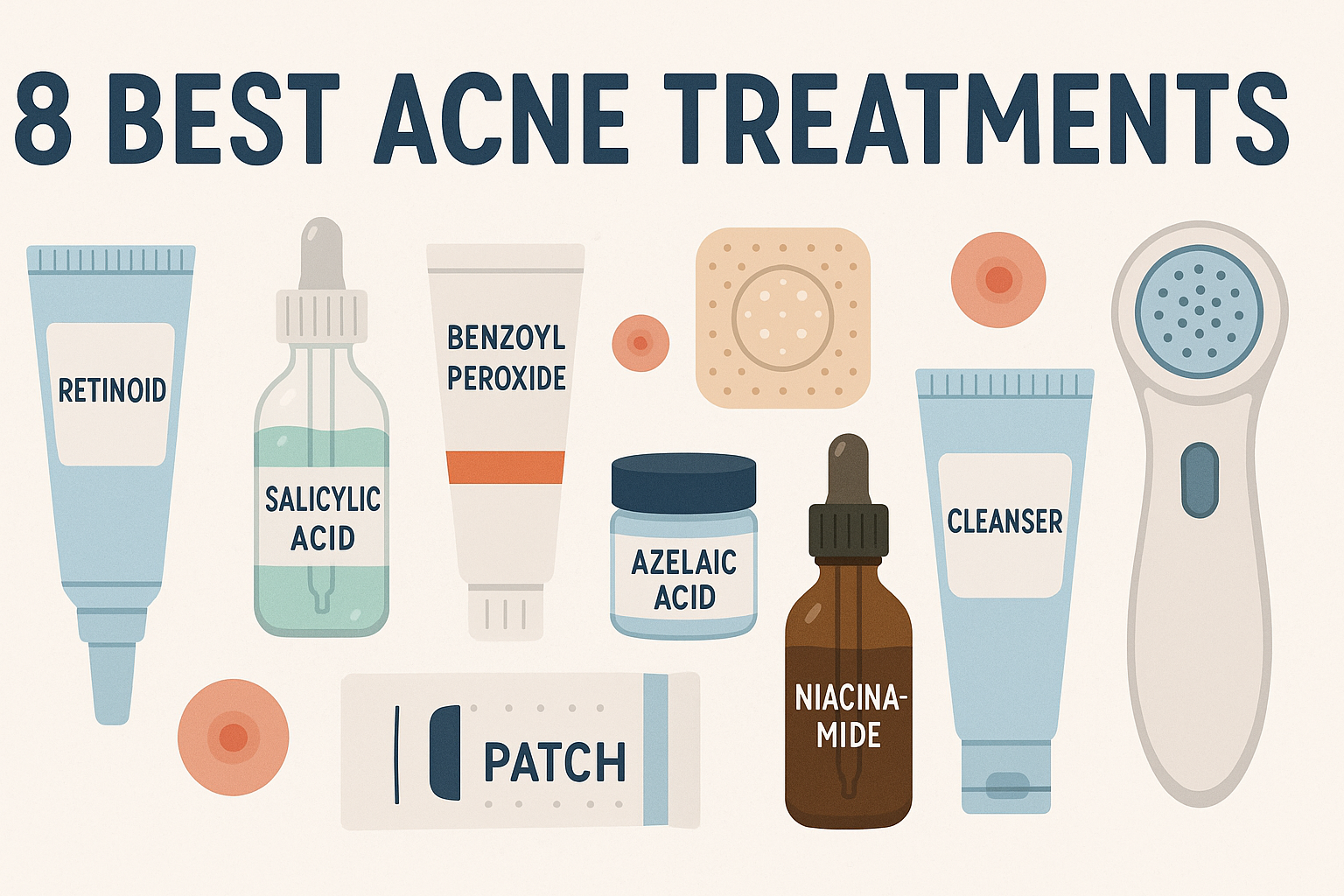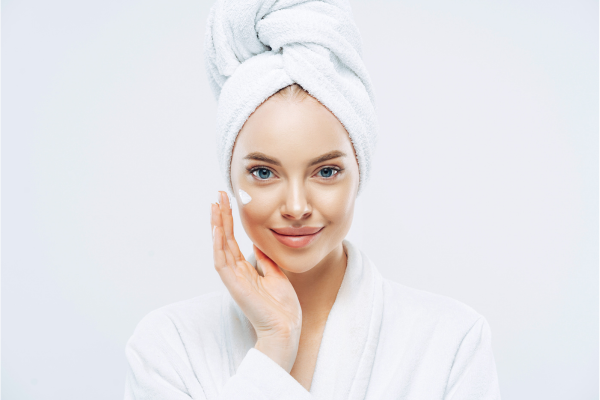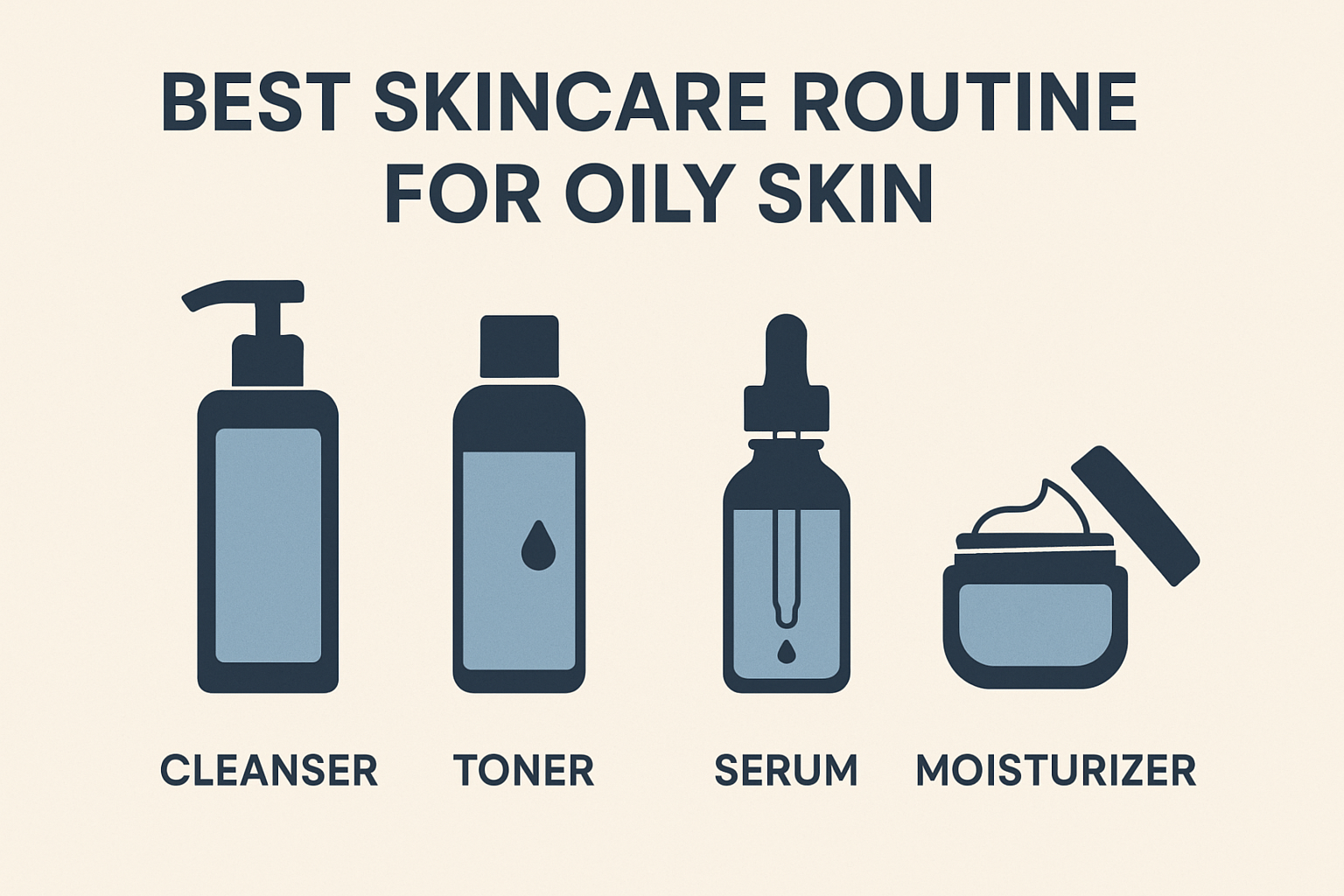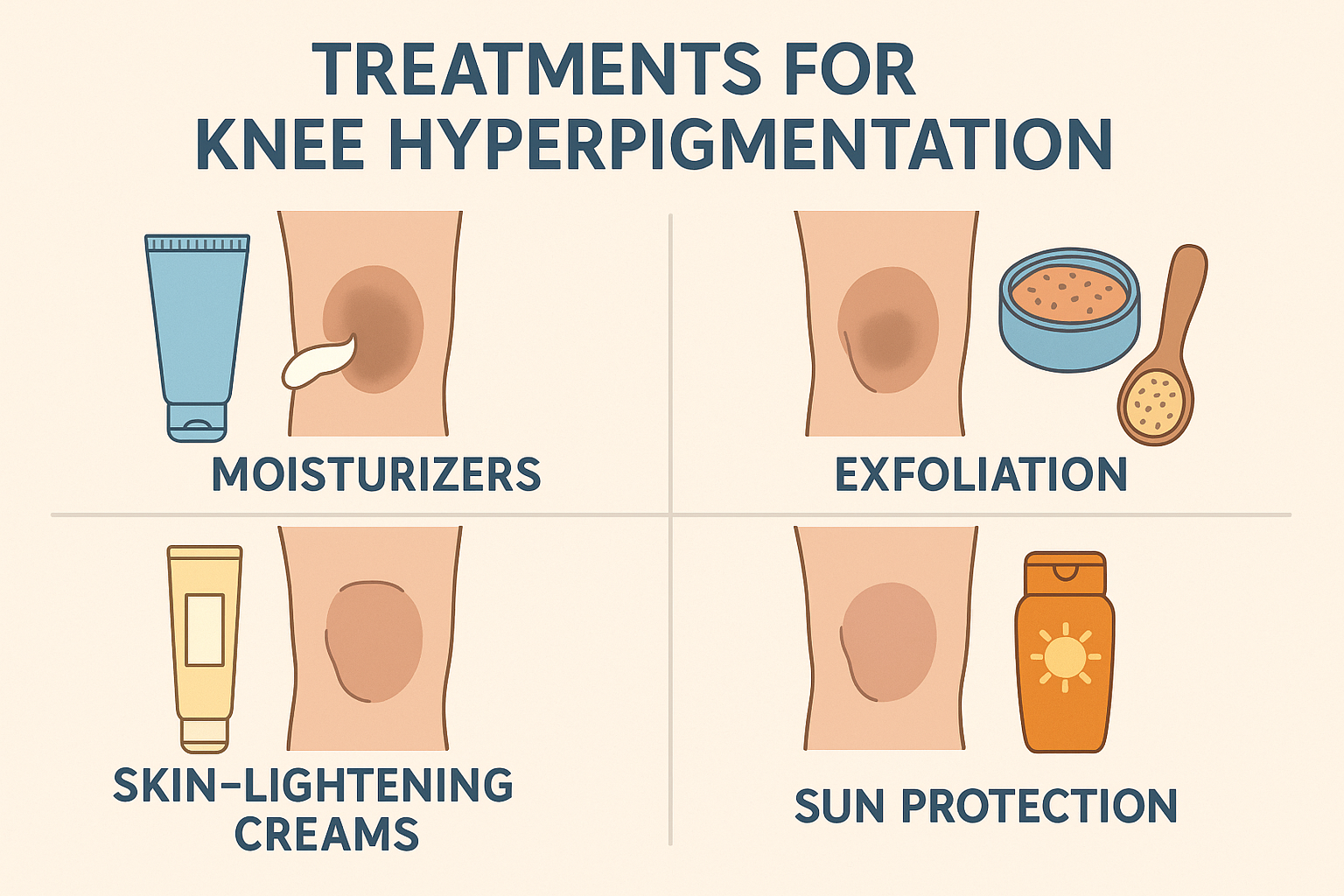How to Use Retinol and Vitamin C Without Skin Irritation
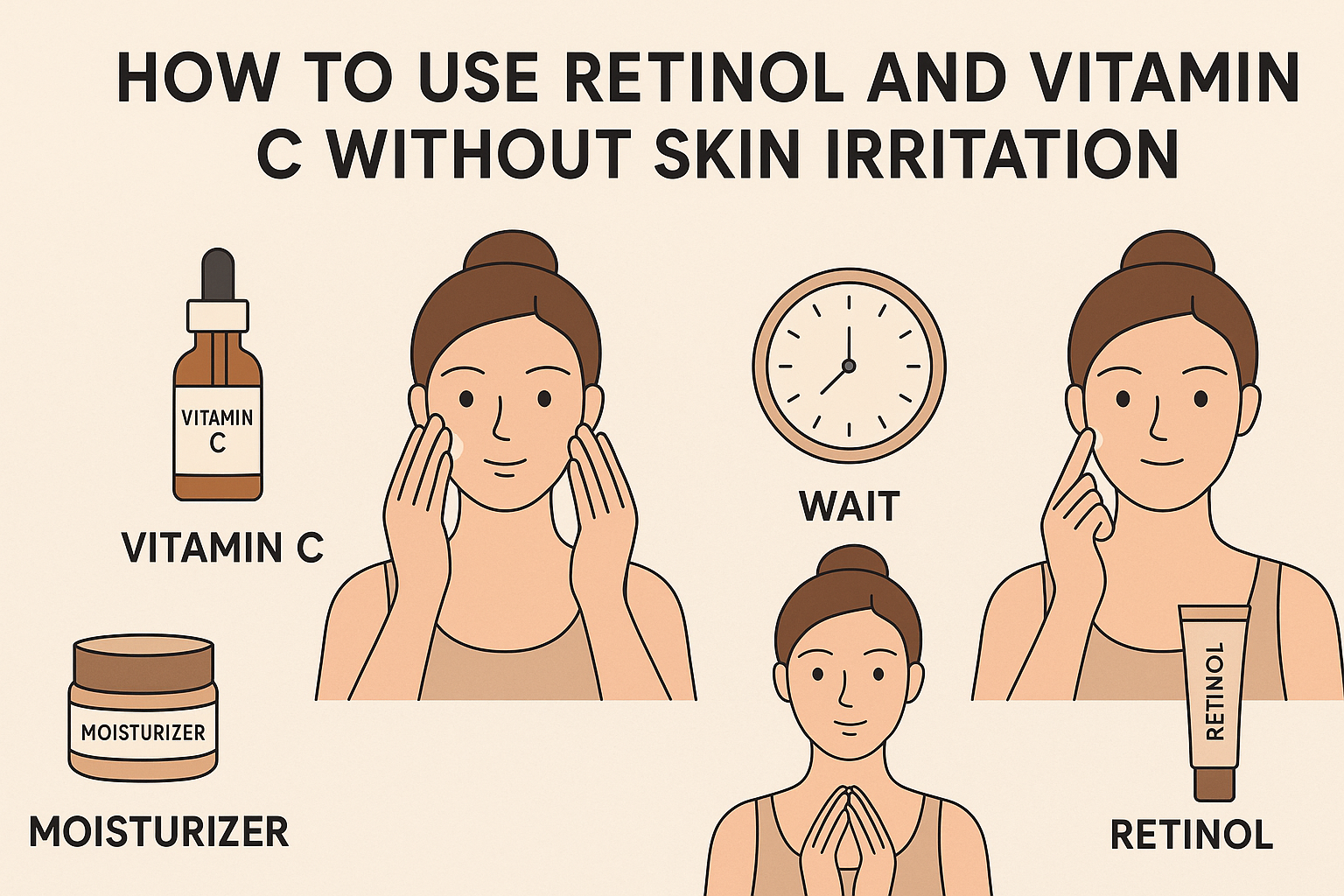
Retinol and vitamin C are two popular skincare ingredients proven to effectively fight the signs of skin aging. Retinol, a derivative of vitamin A, works by speeding up cell turnover and stimulating collagen production, which helps to diminish wrinkles and improve skin texture.1AZURE: Understanding the Benefits of Retinol for Skin Rejuvenation On the other hand, vitamin C is a powerful antioxidant that helps protect the skin from free radicals, brightens the complexion, and also supports collagen production.
Although their benefits are significant, both ingredients are active and can cause irritation, especially for beginners or those with sensitive skin. However, don’t worry—it’s still possible to use both retinol and vitamin C together, as long as you know the right method and timing. In fact, some skincare products now successfully combine both ingredients in one stable formula.
Dermatologists like Dr. Todd Minars and Dr. Azadeh Shirazi recommend using them separately: vitamin C in the morning as a defense against external elements and retinol in the evening for skin rejuvenation. With this strategy, you can maximize the benefits without stressing your skin.2Byrdie: How to Use Retinol and Vitamin C Together Without Irritating Your Skin.
What Is Retinol?
Retinol is an active ingredient from the retinoid family, which is a derivative of vitamin A widely used in anti-aging products.3Cleveland Clinic: Retinol Retinol works by stimulating skin cell regeneration and increasing collagen production. As a result, the skin looks smoother, brighter, and more resilient.
One of the main strengths of retinol is its ability to penetrate the dermis layer, the deeper layer of the skin, to help repair damage from within. Regular use of retinol has been proven effective in minimizing fine lines, wrinkles, and enlarged pores.
Additionally, retinol also acts as an antioxidant that helps protect the skin from the harmful effects of free radicals caused by pollution and UV rays. However, because it is quite potent, retinol should be introduced gradually—starting with a low concentration and less frequent use, especially for beginners or those with sensitive skin.
How Does Retinol Work?
Retinol works from within the skin by accelerating the cell regeneration cycle. It penetrates the epidermis down to the dermis and stimulates the production of collagen and elastin—two crucial proteins that maintain skin firmness. As a result, the skin becomes thicker, more resilient, and looks younger.
A common misconception is that retinol thins the skin. In fact, retinol thickens the dermal layer, making the skin stronger.
According to Dr. Shirazi, retinol is not only good for addressing fine lines and wrinkles but is also effective in evening out skin tone, reducing acne scars, and improving rough skin texture. This ingredient also boosts blood circulation in the face, making the skin look healthier and more radiant.
This is why retinol is one of the most trusted skincare ingredients in fighting the signs of aging.
What Is Vitamin C?
Vitamin C, also known as ascorbic acid, is a highly popular antioxidant in skincare. Its primary function is to protect the skin from free radicals caused by UV rays, pollution, and environmental stress.
Dr. Shirazi compares vitamin C to “Pac-Man” due to its ability to neutralize free radicals before they can damage the skin. Additionally, vitamin C supports collagen production, which plays a key role in maintaining skin elasticity and firmness.4Byrdie: How to Use Retinol and Vitamin C Together Without Irritating Your Skin.
Other benefits include brightening the skin and helping fade dark spots or hyperpigmentation. Vitamin C works by inhibiting melanin formation, making the skin tone more even and naturally radiant.
Regular use of vitamin C can help the skin look fresher, glowing, and healthier. That’s why many morning serums contain this ingredient for both protection and brightening.
Can Retinol and Vitamin C Be Used Together Safely?
The answer is yes, as long as they are used correctly. Retinol and vitamin C are both potent active ingredients, but when used at the right times, they can complement each other without causing irritation.5Comfort Zones: Skin Care 101: What Not to Mix with Retinol for a Flawless Skin.
Vitamin C is ideally used in the morning because it helps combat free radicals and strengthens the skin’s protection against sunlight. Meanwhile, retinol works best at night, when the skin’s regeneration process is active.
Dr. Shirazi emphasizes that vitamin C brightens and supports collagen production, while retinol helps with cell turnover and skin repair. This combination produces a supportive effect, making the skin appear healthier, smoother, and glowing naturally.
The key is the correct timing to avoid stressing the skin.
How and When to Use Retinol and Vitamin C Together
Want to use retinol and vitamin C in one routine? It’s definitely possible, as long as you know how. Both ingredients offer significant benefits for the skin—vitamin C as an antioxidant and brightener, while retinol stimulates skin regeneration and reduces signs of aging. However, if used improperly, they can cause skin irritation.
Here’s the guide for use:
- Use at Different Times
The safest approach for beginners is to apply vitamin C in the morning and retinol at night.
Morning:
After washing your face, apply vitamin C serum, then follow up with moisturizer and sunscreen. Vitamin C will help protect the skin from free radicals and enhance sunscreen effectiveness.
Night:
After cleansing your face, apply retinol, and finish with moisturizer. Retinol works most effectively while the skin rests at night.
- If Used Together, Try the Sandwich Method
For those with more experience or skin that’s relatively tolerant, you can try using both at night with the “moisturizer sandwich” technique:
- Wash your face as usual.
- Apply a thin layer of moisturizer.
- Use vitamin C serum.
- Once absorbed, apply retinol.
- Seal with moisturizer.
This method helps reduce irritation risks since the moisturizer acts as an additional barrier.
- Monitor Skin Reactions
If signs of irritation appear, such as redness, burning, or extreme dryness, stop using one of the products. Let your skin adjust, then reintroduce products gradually.
The Side Effects of Combining Retinol and Vitamin C
Although retinol and vitamin C have many benefits, combining them may cause side effects, especially if your skin is not accustomed to these ingredients or if you’re just starting to use them. Don’t worry, this doesn’t mean you have to avoid them entirely, but it’s important to know the risks so you can prevent them.
Here are some possible side effects:
- Skin Irritation
Combining two potent active ingredients can cause the skin to become dry, red, or feel sore. This is most common if you have sensitive skin or start with a high dosage.
Tip: Start with one ingredient first. For example, use vitamin C for a few weeks before gradually introducing retinol.
- Peeling and Dry Skin
Retinol can speed up skin cell turnover, and when combined with vitamin C (which is also quite active), it may cause the skin to peel, feel tight, or even dry out severely.
Tip: Always use enough moisturizer and avoid overuse. Start with products that have lower concentrations.
- Increased Sun Sensitivity
Both retinol and vitamin C can make the skin more sensitive to UV rays, especially if used without sunscreen.
Tip: Always apply sunscreen with a minimum SPF 30 in the morning, even on cloudy days. This is essential when using one or both of these ingredients in your routine.
How to Choose Retinol and Vitamin C Products
Choosing the right product is crucial, especially if you’re new to using them. Don’t just pick whatever is trending—everyone’s skin is different, so select products based on your skin type and needs.
- Check Active Ingredient Concentration
For beginners, look for retinol products with low concentrations, such as 0.25% or 0.3%. For vitamin C, start with products containing between 5% and 10%, before gradually increasing the concentration. - Consider the Formulation
- Vitamin C is more stable in water-based serums or light emulsions and should ideally be packaged in dark bottles to prevent oxidation.
- Retinol is typically available in cream or serum form. If your skin is dry or sensitive, choose a cream or oil-based retinol as they are gentler.
- Choose According to Skin Type
- Sensitive skin? Look for products with soothing ingredients like niacinamide or hyaluronic acid.
- Oily skin? Opt for lightweight formulas that absorb quickly and are non-comedogenic.
- Don’t Mix Everything Into One Product
Some brands combine retinol and vitamin C into one formula, but for beginners, it’s better to avoid this. Use them separately so you can monitor how your skin reacts.
Final Tips: How to Keep Skin Happy While Using Retinol and Vitamin C
To keep your skin healthy and free from irritation while using retinol and vitamin C, here are some simple tips:
- Start slow: Don’t jump into using them daily. Begin with 2–3 times a week and gradually increase the frequency once your skin gets used to it.
- Choose gentle formulas: Use products with low concentrations first, especially if you’re a beginner. Look for labels like “for sensitive skin” or “low irritation.”
- Always moisturize: Use moisturizers rich in soothing ingredients like ceramide, hyaluronic acid, or centella asiatica. This is essential to keep your skin barrier strong.
- Use sunscreen every morning: Retinol and vitamin C can make the skin more sensitive to sunlight. Apply sunscreen with at least SPF 30 every day, even on cloudy days or when indoors.
- Listen to your skin: If your skin feels sore, excessively dry, or develops rashes, stop using the products for a while. Your skin needs time to recover.
With a patient and consistent approach, you can enjoy the full benefits of retinol and vitamin C without worrying about irritation. Healthy skin is a process—so take it slow!
About the Author
M. Hariri is a business and beauty content writer with over five years of experience. He focuses on research-based skincare education and frequently collaborates with dermatologists. His work can be found in various national and international beauty publications.
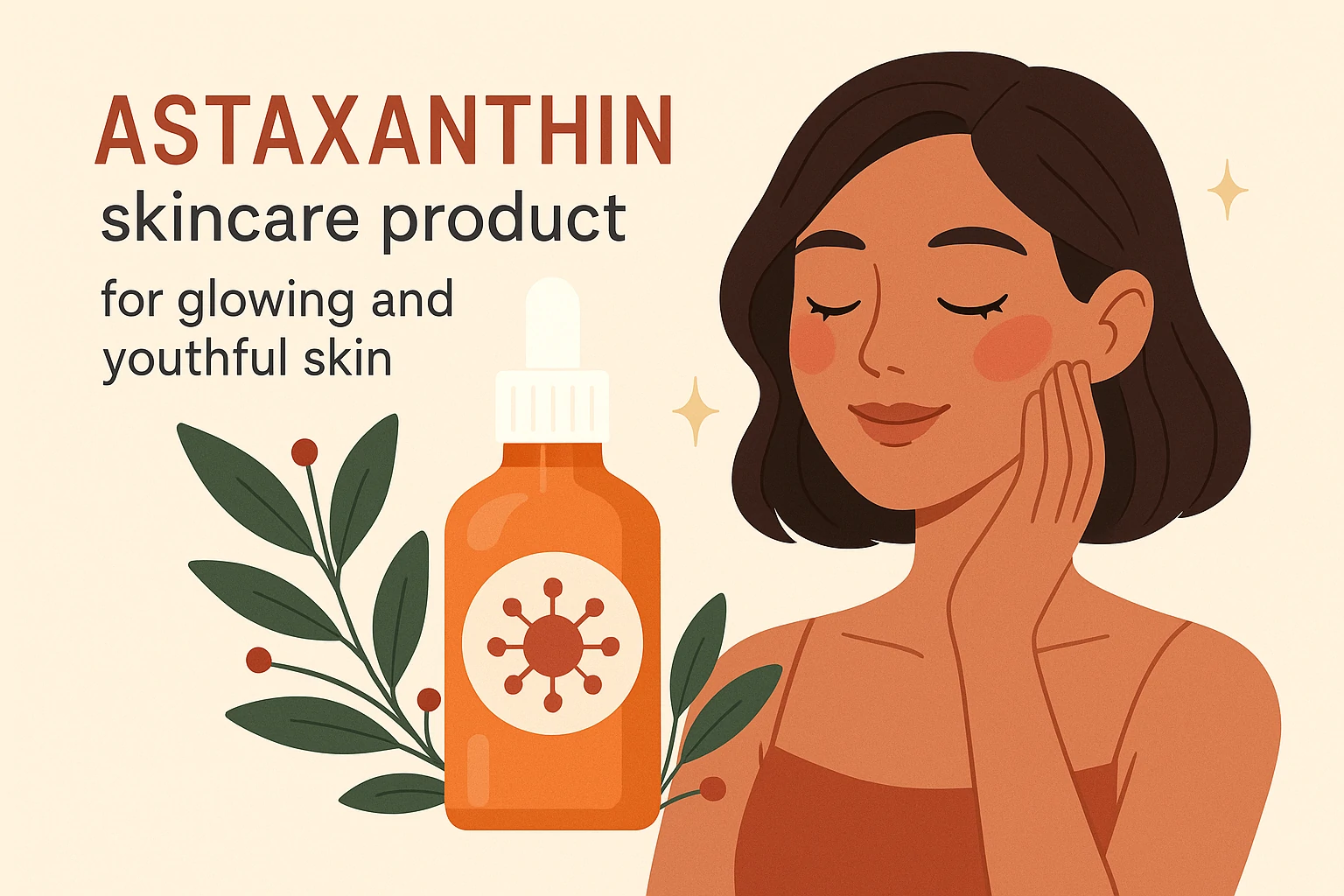

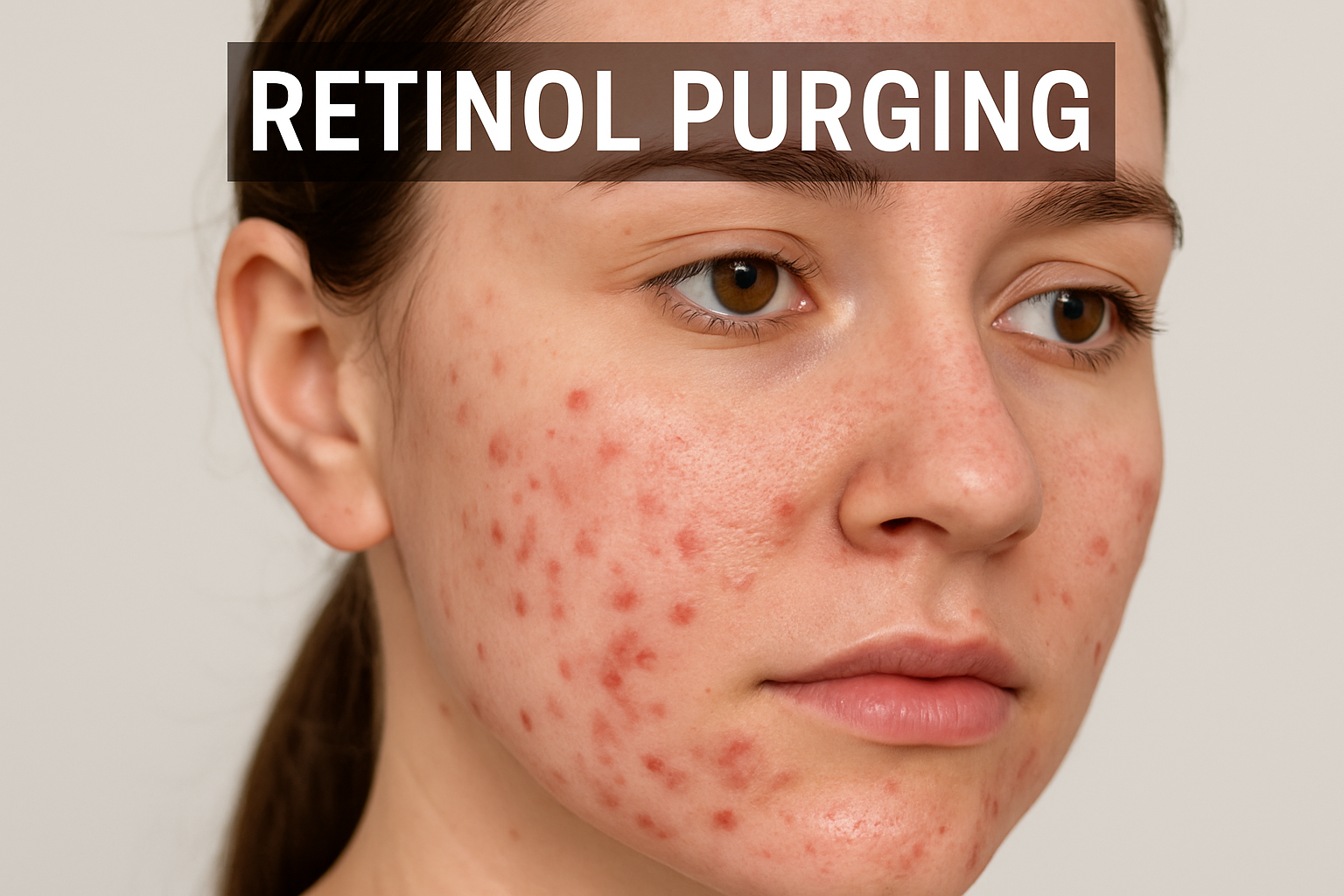

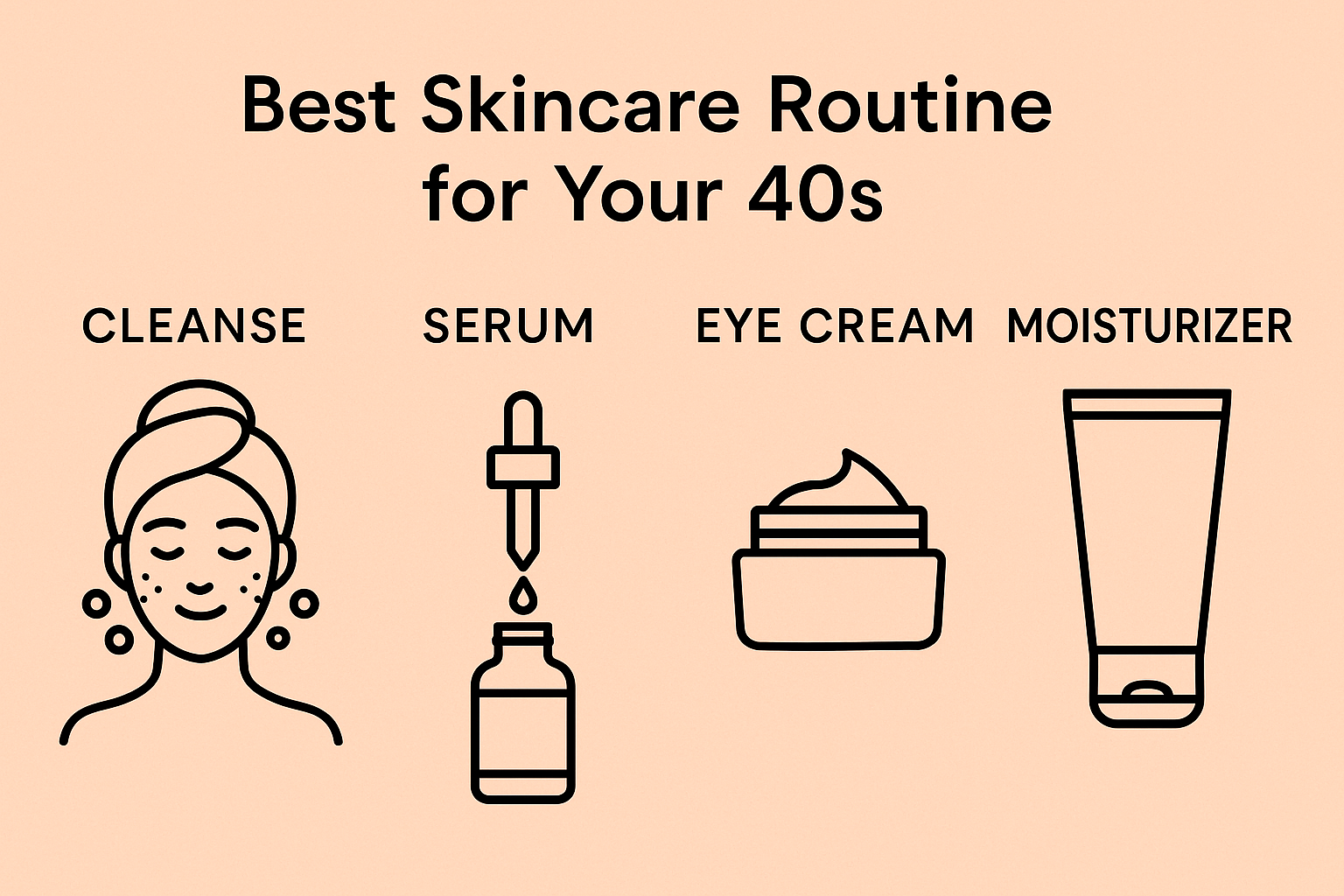
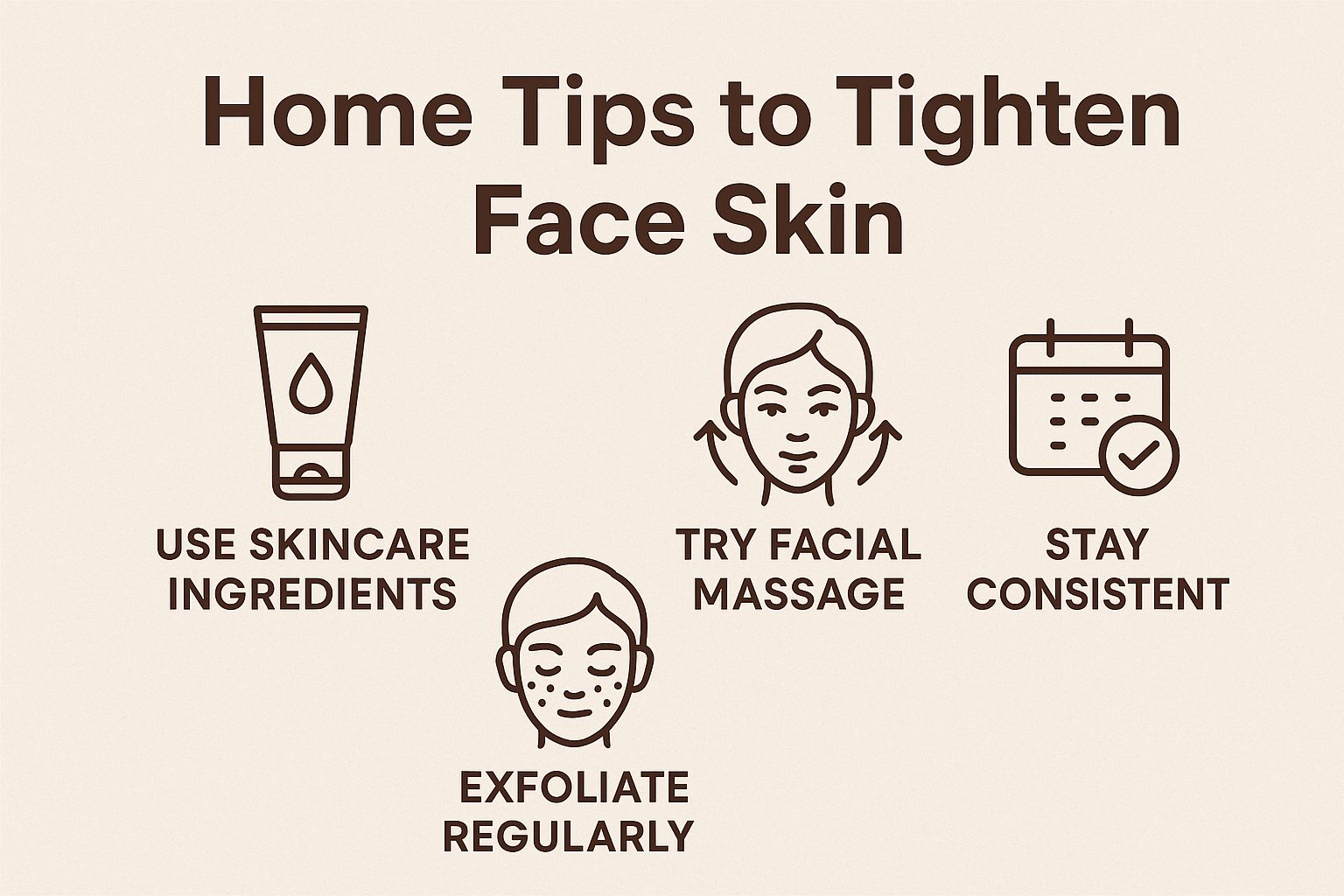
 Acne
Acne Anti-Aging
Anti-Aging Business
Business Digital Marketing
Digital Marketing Economics
Economics Exfoliation
Exfoliation Hair Removal
Hair Removal Movies
Movies Personal Finance
Personal Finance Websites
Websites
